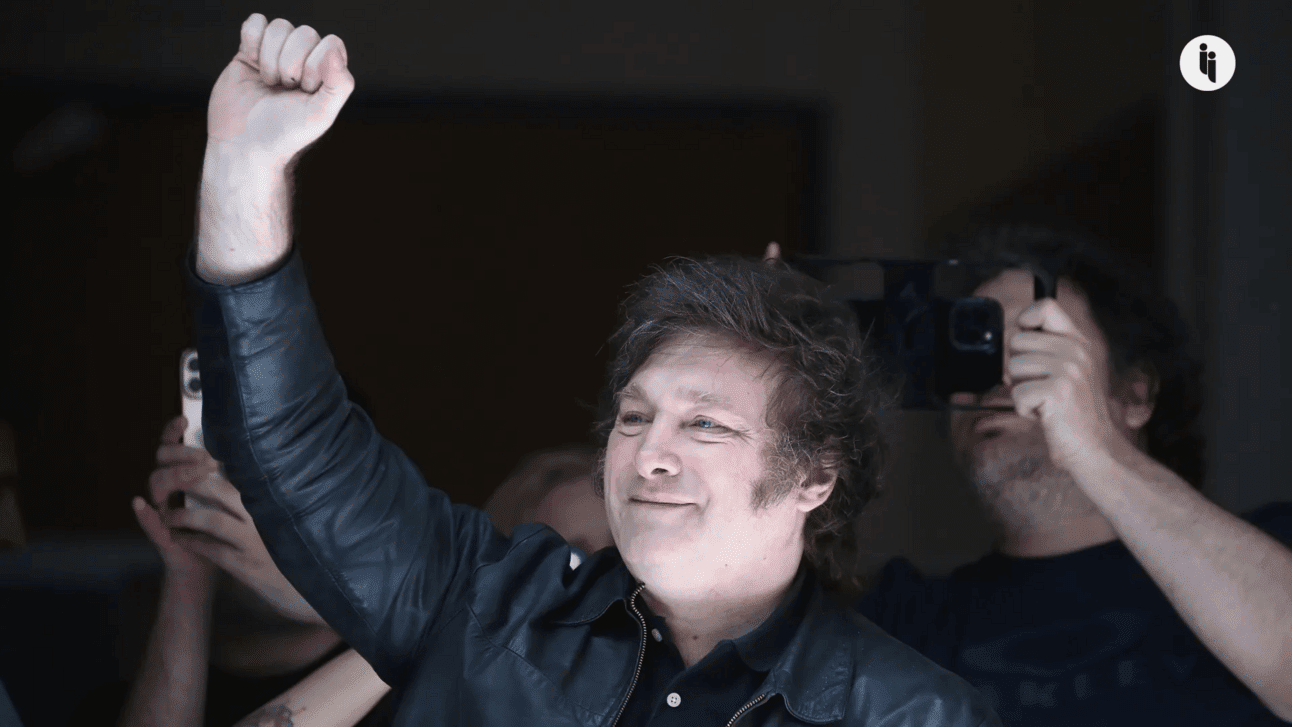The populist-libertarian Javier Milei will be Argentina’s next president from December 10th, after he trounced the ruling party’s candidate yesterday (Sunday) by the largest margin since Argentina returned to democracy in 1983.
So Milei will soon take the helm of Argentina’s $622B economy: it’s Latin America’s third-largest, home to 46 million people, and with a seat at the G20.
Milei’s victory is pretty remarkable. If you were to draw up a list of things a candidate in Argentina shouldn’t do, Milei went ahead and did them anyway. He:
Stay on top of your world from inside your inbox.
Subscribe for free today and receive way much more insights.
Trusted by 114,000+ subscribers
No spam. No noise. Unsubscribe any time.
- referred to the Pope (who hails from Argentina) as “evil”
- re-opened old wounds from the country’s dictatorship (1976-1983)
- praised the late British leader Margaret Thatcher (reviled by many locally for her role in the UK-Argentina war of 1982), and
- even mocked Argentina’s late soccer legend Maradona (though he drew the line at any criticism of present-day superstar, Lionel Messi).
And yet somehow, Milei still won. Why? Three quick reasons:
First, voters were angry at Argentina’s ruling Peronists. Holding power for 16 of the past 20 years, the interventionist party now leaves behind a country with 40% poverty, 143% inflation, and $22B in debt payments due next year.
Second, Milei sought to smooth his edges, apologising to the pope, walking back some proposals, winning endorsements from mainstream figures (including a former centre-right president), and dropping his chainsaw schtick at rallies.
And third, he connected with younger voters, many of whom know only an Argentina in crisis (and who are active on Tiktok, where Milei has dominated).
In the end, many voters veered between anger at what the outgoing party leaves behind, and fear over what Milei might do next (he’s vowed to slash spending and replace the peso with the US dollar, while also referring to leftists as “shit”).
Once he takes power next month, Milei looks set to be constrained by:
- the sheer scale of the challenge he inherits
- the sheer difficulty of his proposed solutions, and
- his lack of a party machine across Argentina’s dispersed political system.
So with that in mind, it seems voters opted for a constrained Milei rather than continued, unrestrained Peronism.
INTRIGUE’S TAKE
One reason investors have long been wary of Argentina is a sense that the place just doesn’t change. So one way to look at Milei’s victory is as a rebuke of that very idea: folks in Argentina have clearly voted for change here.
And that partly explains why business leaders, like the CEO of Argentina’s largest firm, are cheering Milei’s victory.
For world leaders, Argentina’s vote for change will mean different things: Milei hasn’t shied away from criticising others (including Argentina’s top trading partners, China and Brazil), while pledging closer ties to the US, and even hinting at a softening in Argentina’s territorial dispute with the UK.
But realistically, much will depend on how he translates rhetoric into reality. E.g., how do you even dollarise an economy that has no dollars? With voters clearly running low on patience, Milei doesn’t have much time to deliver.
Also worth noting:









